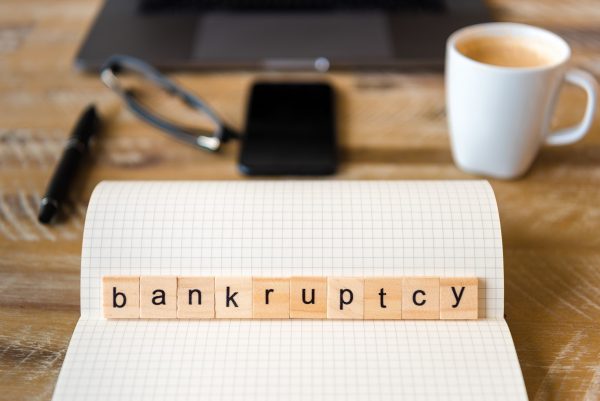
You may have worked hard for years or decades to pay into your 401(k), IRA, or other retirement accounts. What will happen to those accounts if you file for bankruptcy?
Fortunately, for most debtors, the answer is "nothing." While it varies depending on the type of retirement account and the surrounding circumstances, retirement assets are usually exempt from bankruptcy. Before you make any major financial decisions regarding debt and retirement, here's what you need to know.
Most types of retirement accounts are exempt from bankruptcy
Many types of retirement plans, including 401(k), 403(b), 457, and similar plans, plus defined benefit plans (pensions), are protected from bankruptcy under a federal law called the Employee Retirement Income Security Act (ERISA). ERISA-qualified retirement assets are shielded from your creditors, both within and outside bankruptcy. If you file for bankruptcy, your ERISA-qualified assets aren't included in the bankruptcy estate; as far as the bankruptcy court is concerned, it's like those funds don't even exist.
Some types of Individual Retirement Accounts (IRA) are not ERISA-qualified, so they have less protection, but in most cases, bankruptcy still can't touch them. Unless you have well over $1 million in your IRA, it's protected by bankruptcy exemptions.
Social Security retirement benefits are also exempt from bankruptcy. The only catch is that if you mix your Social Security benefits with other funds in a bank account (commingling), they may no longer be protected, so the safest option is to keep any Social Security funds in a separate account.
Caveat: if you have tax debt, your retirement accounts aren't protected from the IRS
If you have federal tax debt, the IRS typically has the power to go after your retirement assets, even if you file for bankruptcy. (The IRS generally views seizing pensions as a last resort, but it's important to know that it can happen.) Still, if you're able to discharge your debts to private creditors, that will leave more funds available to pay your tax debt.
Caveat: retirement income and withdrawals are not protected
One other thing to keep in mind is that while money in your retirement accounts is protected from bankruptcy, any withdrawals and benefits paid to you generally are not. Retirement income can be factored into the Chapter 7 means test or the Chapter 13 repayment plan, and it can potentially be taken to repay your creditors in the Chapter 7 process.
The key takeaway: don't cash out your retirement before bankruptcy
Because of the way bankruptcy works, it is almost never in your interest to cash out your retirement in order to pay off debt that could be discharged in bankruptcy. When you take funds out of your retirement accounts and put them in the bank or use them to pay off other debts, those funds lose important legal protections. There may also be other costs associated with cashing out your retirement early, such as early withdrawal penalties and unfavorable tax implications.
In short, tapping into your retirement savings in an attempt to avoid bankruptcy can cause significant financial damage in the long term. If you're able to keep your retirement assets and get your debts discharged in bankruptcy instead, you may be in a stronger long-term financial position.
If you're considering bankruptcy, don't touch your retirement until and unless you get legal advice. We'd be happy to help you understand your legal rights and options. Give us a call or contact us online to speak with an experienced bankruptcy lawyer at Benjamin R. Matthews & Associates, LLC.
